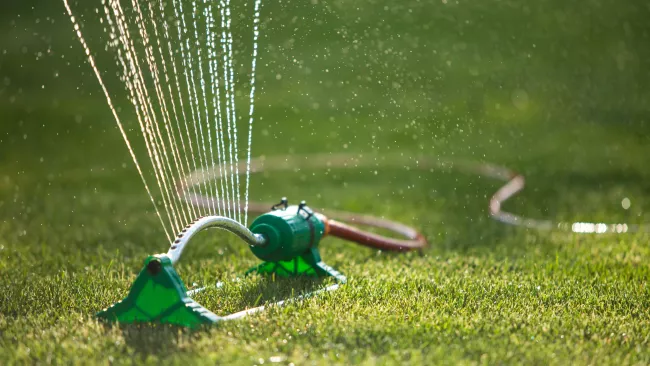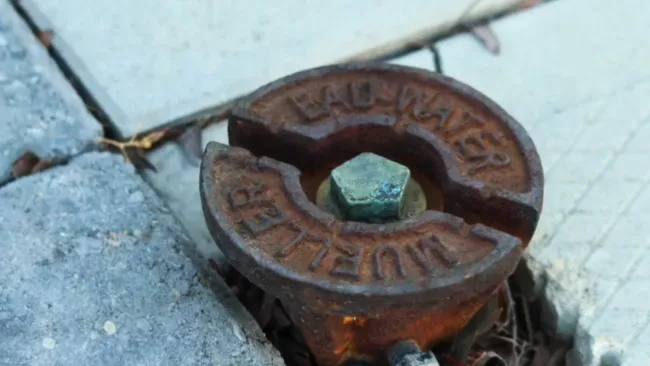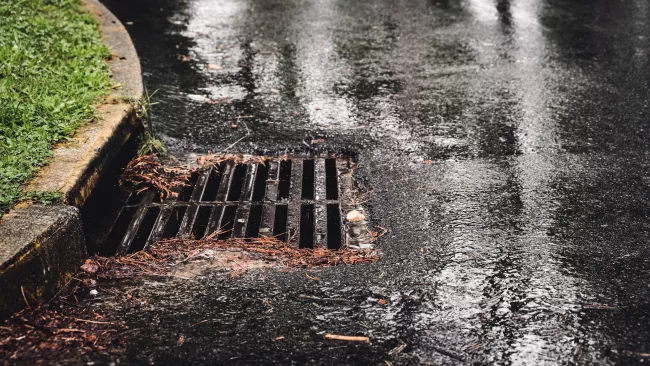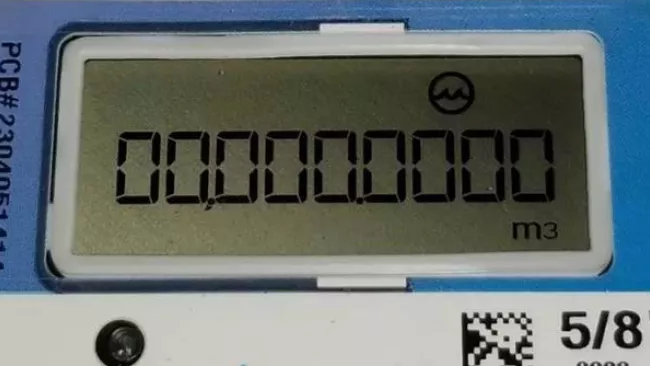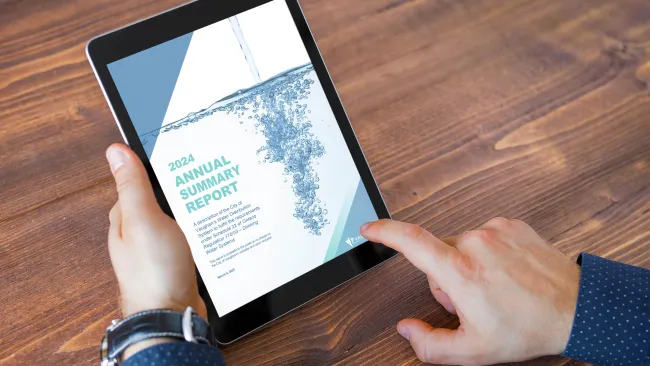Help save water outdoors
We’re in peak summer heat, which means water demand is at an all-time high. If you’re watering your lawn, plants or garden, remember the City of Vaughan’s Water By-law 106-2022 (PDF) limits outdoor water use annually from May 15 until Sept. 30. We want to ensure an uninterrupted supply of water for everyone – and help you save money on your water bills!
Watering of lawns and gardens is permitted on residential properties from 6 a.m. to 9 a.m. and 6 p.m. to 9 p.m. on the following calendar days:
- Even-numbered days for even-numbered street addresses.
- Odd-numbered days for odd-numbered street addresses.
Outdoor watering can be done at industrial, commercial and institutional properties between midnight and 7 a.m., for a maximum of three hours, on odd or even days based on the street address.
Automated sprinkler systems should be operated only during designated times. Exemptions are in place for specific businesses and functions. For example, freshly laid sod and newly planted shrubs and trees are exempt from these restrictions for a four-week period.
More ways to conserve water
Adopting water conservation practices is easier than you think! Here are three simple practices you can try to reduce your water use:
1. Conserve water inside and outside the home
- Reduce the amount of time you are in the shower. Every extra minute in the shower can waste 10 to 20 litres of water.
- Turn off the tap while brushing your teeth.
- Run the dishwasher and washing machine only when they are full.
- Use a broom, not a hose, to clean your driveway and walkways.
- Don't leave the hose running while washing your car.
- Use a rain barrel to collect rainwater for watering gardens.
- Plant drought-resistant trees and plants. Many thrive with far less watering and maintenance than others.
2. Protect your drinking water source
- The water that enters Vaughan’s stormwater system through catch basins goes back into local creeks, rivers and lakes, such as Lake Ontario – the source of Vaughan’s drinking water. Ensure chemicals, fertilizers, yard waste, food and other materials do not enter catch basins.
- The City’s sanitary sewer system is not designed to dispose of anything other than human waste, toilet paper and wastewater. Everyday items, such as hygiene products, wipes and food waste should never be flushed or poured down toilets or drains.
- Fats, oils and grease should be left to cool and scraped into the green bin for safe disposal. They don’t go down the drain!
3. Check for water leaks
- Most home water leaks are silent, which makes them hard to detect. They can cause unnecessarily high water consumption, which can lead to a high water and wastewater bill and costly damage to your home if left undiscovered.
- To test for leaks on your property, record the number on your water meter before you go to bed, then avoid running sprinklers, washing machines, dishwashers or toilets overnight. In the morning, check the number on your water meter. If the number has changed, it’s because water has passed through the meter, which means you may have a leak somewhere inside or outside your home.
- The most common cause of high water and wastewater bills is toilet leaks. Visit the City’s leak prevention webpage to learn how to check for a leaky toilet or read our leak detection guide (PDF).
For more tips on reducing your water use, visit the City’s Water Conservation webpage. To learn more about the City’s water services, visit vaughan.ca/water.
For updates and news as they happen, subscribe to Vaughan News and follow the official corporate channels on X, Facebook, Instagram and LinkedIn.

